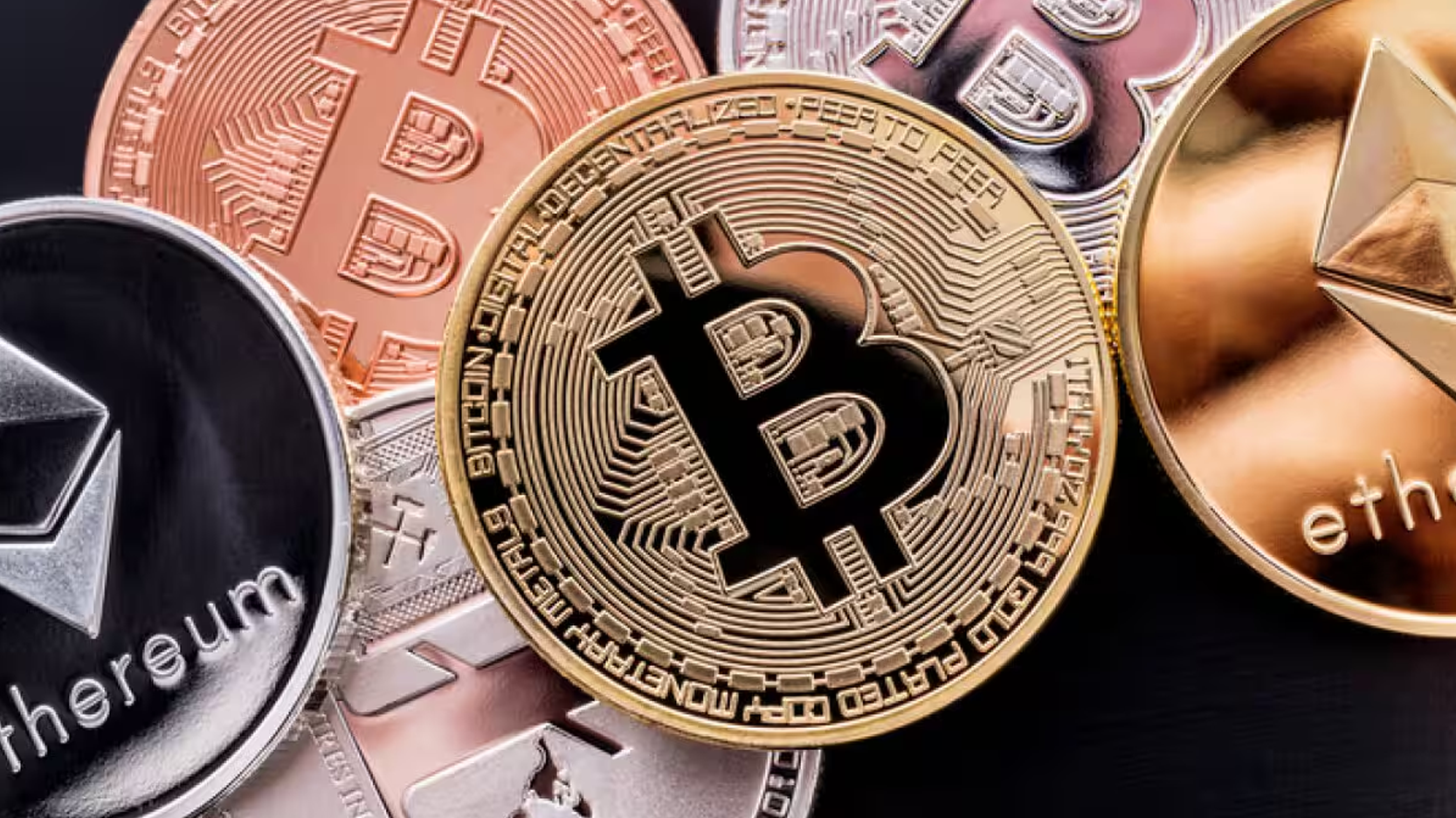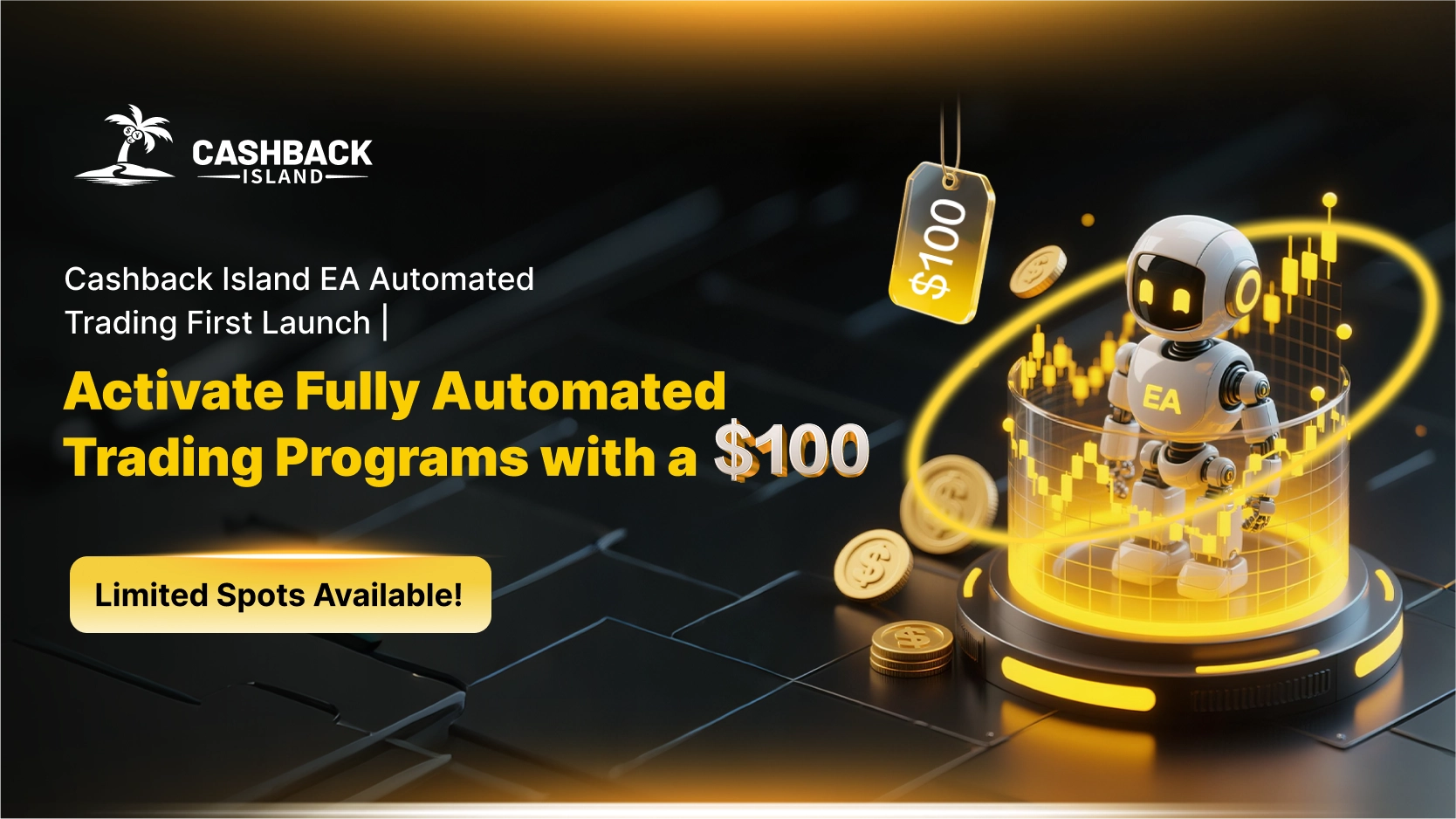Virtual Currency Taxation Guide: A Complete Handbook on Gas Fees, OTC Trading, and Risk Avoidance
Introduction: The First Essential Course for Entering the Crypto World
Just stepping into the world of virtual currencies, are you immediately overwhelmed by a bunch of technical terms? When you excitedly complete your first transaction, you find that some money has mysteriously disappeared from your account—this is the so-called Gas Fee. You want to find a trusted person for a private U-coin transaction, but you’re afraid of scams—this is the risk of Virtual Currency Over-the-Counter (OTC) trading. At the end of the year, you’ve made a profit but start worrying about “virtual currency taxation” and wonder if you should declare it.
Don’t worry, the problems you’re encountering are part of the process every investor goes through. These seemingly complex aspects are actually key to the entire cryptocurrency investment journey. From transaction costs and methods to final profit-taking and tax responsibilities, every step can affect your final returns and asset security.
This article is the “essential crypto course” prepared for you. I will use the most down-to-earth language to help you understand these three core topics at once, providing clear tutorials, the latest regulatory information, and practical risk-avoidance techniques. Are you ready? Let’s unveil the mysteries of the virtual currency world together, enabling you to trade safely, save money smartly, and file taxes legally!
What is a Gas Fee? Why is it Indispensable for On-Chain Transactions?
Imagine the blockchain is like a highway, and every transaction or transfer you make is like a car that needs to drive on it. The Gas Fee is the “fuel cost” or “toll” this car needs to pay. Without it, your transaction cannot be processed and packed into a block by miners (or validators), and thus cannot move forward on the network.
A Simple Explanation of Gas Fee: The “Service Fee” of the Blockchain Network
Simply put, a Gas Fee is a reward you pay to miners for using a blockchain network (like Ethereum). When you initiate a transaction, you need to pay a Gas Fee to incentivize miners to prioritize your request. The more congested the network, the more like a rush-hour highway it becomes; if you want to get through quickly, you have to pay a higher “toll.” This is why Gas Fees can sometimes spike dramatically.
💡 Core Concept: The existence of Gas Fees is to reward the miners who contribute computing power to maintain the security of the blockchain network. It is not just a service fee, but also the economic incentive for the entire decentralized system to operate.
How is Gas Fee Calculated? Understanding Gwei & Gas Limit
The formula for calculating Gas Fee is actually not complicated: Gas Fee = Gas Limit (units) × Gas Price (per unit).
- Gas Limit: This is the maximum amount of gas a transaction is willing to consume. A simple transfer transaction (like transferring USDT) usually has a fixed Gas Limit, around 21,000. More complex smart contract interactions (like participating in a DeFi project) require a higher Gas Limit. You can think of it as “the maximum liters of fuel you’re willing to add.”
- Gas Price: This is the price you are willing to pay for each unit of gas, usually denominated in Gwei (1 Gwei = 0.000000001 ETH). When the network is busy, the Gas Price goes up. This is like “the price per liter of gasoline.”
3 Practical Tips to Save on Gas Fees
- Choose the Right Transaction Time: Avoid peak hours when the network is congested. Generally, late at night or on weekends in European and American time zones, transaction volume is lower, and Gas Fees will be relatively cheaper. You can use tools like Etherscan Gas Tracker to monitor real-time Gas Prices.
- Utilize Layer 2 Solutions: Layer 2 solutions are scaling solutions built on top of a main blockchain (like Ethereum), such as Arbitrum (ARB) and Optimism (OP). They offer faster transaction speeds and significantly lower Gas Fees, sometimes only a fraction of the mainnet’s cost. Moving assets to a Layer 2 network for transactions is currently the most popular way to save money.
- Set a Reasonable Gas Price: In your wallet, you can manually set the Gas Price. Although setting it lower can save money, it may also cause the transaction to get stuck or fail. It is recommended to refer to the “Standard” or “Fast” prices provided by a Gas Tracker to find a balance between cost and speed.
What is Virtual Currency Over-the-Counter (OTC) Trading? How Can Beginners Operate Safely?
When you hold a large amount of virtual currency or want to trade directly with cash, besides using centralized exchanges (like Binance, MAX), Over-the-Counter (OTC) trading is another common option. Simply put, it’s conducting peer-to-peer private transactions directly with another individual or institution, rather than through a public market.
OTC Trading vs. Exchange Trading: A Complete Comparison and Analysis of Pros and Cons
Should you choose OTC or an exchange? Let’s use a table for a clear comparison:
| Comparison Item | Virtual Currency OTC Trading | Centralized Exchange (CEX) |
|---|---|---|
| Counterparty | Individuals, crypto merchants, or institutions | Exchange platform |
| Transaction Price | Negotiated by both parties, more flexible, but may deviate from market price | Matched according to the market order book, public and transparent |
| Transaction Speed | Instant (in-person) or at an agreed time, can handle large amounts | Instant matching, but large orders may cause price slippage |
| Privacy | Relatively high | Requires KYC (Know Your Customer) verification |
| Risks | High risk of scams, potential to receive illicit funds (dirty money) | Risk of platform collapse or being hacked |
Beware of Losing Everything! Common Risks and Scams in OTC Trading
The flexibility and privacy of OTC are attractive, but they also make it a breeding ground for scams. Before engaging in virtual currency OTC trading, be sure to understand these common traps:
- Fake Merchant Scams: The other party may pose as a reputable crypto merchant and disappear after receiving your funds or cryptocurrency.
- Receiving Illicit Funds: This is the most serious risk! If the fiat currency (e.g., New Taiwan Dollar, Malaysian Ringgit) transferred to you by the seller comes from illegal activities such as fraud or gambling, your bank account may be flagged as a “warning account,” leading to all your financial activities being frozen and even getting you involved in a criminal case.
- Fake Wallet Addresses: During the transaction, the scammer may provide a fake wallet address or use a phishing link to trick you into authorizing their malicious contract, thereby stealing all the assets in your wallet.
- In-Person Meeting Risks: When meeting in person, you may face robbery or threats to your personal safety.
💡 Recommended Article
Want to learn more about investment traps? We recommend reading:
Safe OTC Trading SOP: A Checklist for Before, During, and After the Transaction
To ensure the safety of your assets, please strictly follow this Standard Operating Procedure (SOP):
- Before Trading: Due Diligence
- Choose Reputable Merchants: Look for merchants with physical stores, a long history of operation, and a good reputation in the community. Avoid trading with strangers on platforms like Telegram or LINE.
- Verify the Other Party’s Identity: Request basic identification and confirm the source of their funds.
- Conduct a Small Test Transaction: For the first trade, use a small amount to test if the process is smooth and the other party is reliable.
- During Trading: Stay Vigilant
- Confirm In-Person, Pay After Receiving Coins: For in-person trades, visually confirm that the cryptocurrency has been transferred to your wallet and wait for blockchain confirmation (at least 3-6 block confirmations) before paying in fiat.
- Triple-Check the Wallet Address: Before transferring, repeatedly verify the wallet address through multiple channels (e.g., verbally, via message) to ensure it is correct.
- Choose a Safe Transaction Location: If meeting in person, choose a public place with surveillance, such as a bank or coffee shop.
- After Trading: Keep Records
- Save All Conversation History: Keep all communication records, transfer screenshots, transaction hash values, etc., with the counterparty for future reference.
Is Virtual Currency Taxed in Taiwan? The Latest Regulations and a Simple Guide to Filing
“Do I really have to pay taxes on the money I earn in the crypto world?” This is the most pressing question for all investors. The answer is: Yes, you may need to. Although Taiwan has not yet enacted specific tax laws for virtual currencies, according to current tax regulations, any income from property transactions should be declared by law.
Important Disclaimer: The following content is tax reference information compiled according to current regulations and does not constitute any tax advice. For specific tax issues, please consult a professional accountant or tax agency. You can also refer to the official announcements from the Taxation Administration, Ministry of Finance, Taiwan.
Do I Need to File Taxes? An Analysis of the Latest Regulatory Stance and Tax Rules from Taiwan’s Ministry of Finance
According to the Ministry of Finance’s current interpretation, the profit earned by individuals in Taiwan from buying and selling virtual currencies is classified as “income from property transactions.” However, since most trading platform servers are located overseas, this income is usually considered “overseas income.”
According to the “Income Basic Tax Act,” an individual’s overseas income is subject to the Alternative Minimum Tax (AMT) system, with the following filing thresholds:
- Annual overseas income of the filing household ≥ NT$1 million: The entire overseas income needs to be included in the basic income amount.
- Basic income amount > NT$6.7 million: Only then is the basic tax amount (at a rate of 20%) payable.
In simple terms, for the average retail investor, if your total overseas income (including virtual currencies, overseas stocks, etc.) does not exceed NT$1 million, you do not need to declare it. If it exceeds this amount, but your total income does not reach the NT$6.7 million threshold, you still don’t have to pay taxes.
Common Taxable Scenarios: Are Capital Gains, Staking Interest, and Airdrops Considered Income?
- Capital Gains from Trading: This is the main source of income, calculated by subtracting the “purchase cost and fees” from the “selling price.”
- Interest from Staking or Yield Farming: This type of income is similar in nature to interest or rental income and is recommended to be declared as overseas income.
- Airdrops: The value of freely received airdrops at the time of acquisition should be considered “other income.” When you sell these airdrops, the difference between the selling price and the initially recognized income value is considered income from property transactions.
How to Calculate Your Virtual Currency Income?
The key to calculating income is “cost basis determination.” You need to properly record the purchase price, quantity, date, and related fees (e.g., Gas Fees) for each transaction. If you cannot provide proof of cost, the tax authorities may determine your cost based on the market price at the time of the transaction or a specific ratio.
For frequent traders, it is recommended to use cryptocurrency tax tracking software like Koinly or Cointracker to help you automatically organize transaction records and generate annual tax reports, which can greatly simplify the filing process.
💡 Recommended Article
For those new to the investment field, we recommend reading:
The Ultimate Guide to Forex Margin Trading: Leverage, Risks, and a Complete Beginner’s Introduction
Conclusion: Becoming a More Mature Cryptocurrency Investor
From managing transaction costs with Gas Fees, to protecting assets through safe virtual currency OTC trading, and finally to fulfilling civic duties with virtual currency taxation, these three areas form the essential path for every investor from beginner to expert.
Understanding how Gas Fees work allows you to plan your transactions more effectively and save on unnecessary expenses. Learning the rules for safe OTC trading enables you to handle diverse trading scenarios with confidence and avoid scams. Mastering the latest tax regulations is the final mile in securing your investment returns and becoming a responsible investor.
The world of cryptocurrency is full of opportunities, but it also comes with challenges. We hope that through this comprehensive guide, you have built a more solid foundation of knowledge and can face market changes with greater confidence and make wiser investment decisions. Remember, continuous learning and staying vigilant are the only rules for going further and more steadily on this track.
CashbackIsland continuously updates trading educational resources. Traders can visit the “CashbackIsland Learning Guides” section to master more forex knowledge and investment skills.
FAQ: Frequently Asked Questions
Is the coin price in Over-the-Counter (OTC) trading usually better?
Not necessarily. The price in OTC trading is negotiated between the buyer and seller. While sometimes you can get a better price than on an exchange due to large volume or special needs (e.g., no “slippage” issues), it’s also possible to get a worse exchange rate due to information asymmetry. Before trading, be sure to check the real-time prices on major exchanges to have a clear idea.
Why do Gas Fees sometimes become extremely high all of a sudden?
There are several main reasons for Gas Fee spikes: 1. During periods of high market volatility (like a major surge or crash), a large number of users rush to trade, causing network congestion. 2. The launch of a popular NFT collection or a new DeFi project instantly attracts a massive number of users, triggering a “Gas War” where people outbid each other to have their transactions processed first. 3. Issues or upgrades within the blockchain network itself can also temporarily affect Gas Fees.
If I use an overseas exchange, do I still need to declare virtual currency taxes in Taiwan?
Yes, you do. Taiwan’s tax law is based on both nationality and residency. As long as you are a tax resident of Taiwan, your worldwide income (including from overseas) should be declared by law. Profits generated from using overseas exchanges (like Binance, OKX) fall under the “overseas property transaction income” mentioned earlier and are subject to the Alternative Minimum Tax regulations.
What should I do if I receive “dirty money” during an OTC transaction?
If you unfortunately find that your bank account has been frozen due to receiving illicit funds, take the following steps immediately: 1. Stay calm and contact your bank immediately to understand why your account has been flagged as a “warning account.” 2. Gather all evidence related to the transaction, including conversation logs, transaction screenshots, and the other party’s information. 3. Go to the nearest police station as soon as possible to report the case, explain the situation, and obtain a police report. Cooperating with the police investigation to prove that you received the funds unknowingly is key to successfully unfreezing your account.
“Trading in financial derivatives involves high risk and may result in the loss of funds. The content of this article is for informational purposes only and does not constitute any investment advice. Please make decisions carefully based on your personal financial situation. CashbackIsland assumes no responsibility for any trading-related liabilities.”
Related Articles
-
The flames of the U.S.-China trade war continue to burn. As the United States once again wields the tariff weapon, even including Hong Kong in the taxation scope for the first time, alarm bells in the global financial markets are ringing again. This is not just a power struggle between...2025 年 10 月 11 日
-
In the fast-paced forex market, the cost of every trade slowly eats away at your profits like a frog in boiling water. Many traders focus on finding the perfect entry point but overlook the most fundamental cost—the 'spread.' Choosing a high-quality low spread broker is the most significant difference between...2025 年 10 月 11 日
-
Want to use the credit card miles accumulated from your spending to travel the world, but always find the system confusing? You see others easily redeeming business class tickets, while your own air miles seem to devalue or expire without you noticing. Don't worry, you're not alone. This article is...2025 年 10 月 11 日












